Aftersun (Dir. Charlotte Wells)
A poignant meditation on memory and childhood, Charlotte Wells’s film is a small marvel that has rightly garnered critical acclaim across the board. 11 year-old Sophie is on a Turkish holiday with her loving but troubled father, she experiencing the onset of awkward adolescence while he struggles with the disappointments and anxieties of adulthood. Told partly in flashback from the perspective of a now 30 year old Sophie (the same age her father was on their trip), Aftersun acknowledges that the understanding and empathy we gain about others through the passage of time still leaves ample room for hurt. It’s a film about the desire to connect deeply and the personal demons that can keep even the closest of relationships apart. It’s about love and about trying our best under difficult circumstances. It’s about the importance and risks of emotional vulnerability. It’s about all of these things and so much more.
-Gabriel Solomons (GS)
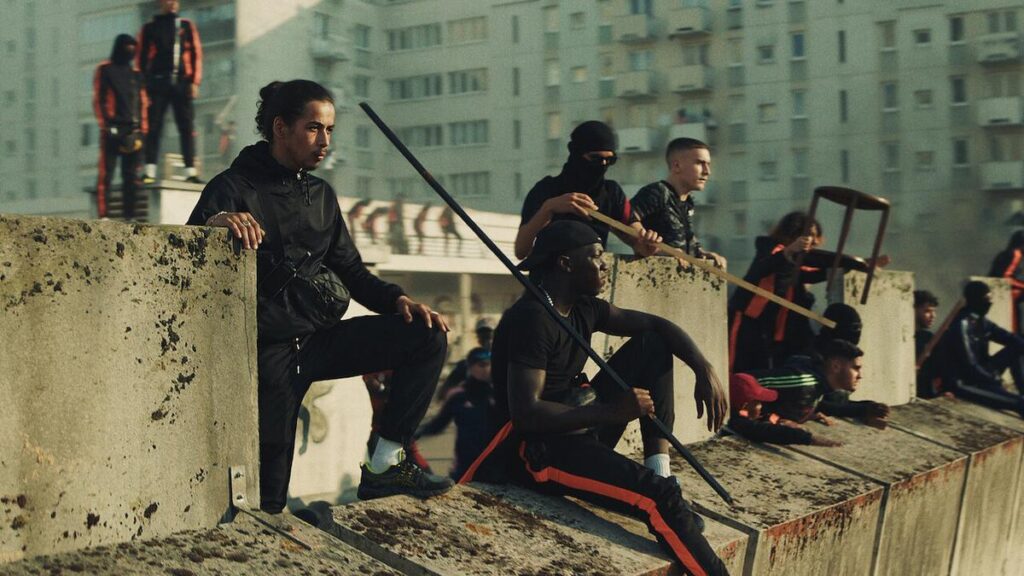
Athena (Dir. Romain Gavras)
Chaos erupts in the banlieue community of Athena, France, after the tragic death of a young boy under suspect circumstances. His three older brothers seek out justice, come what may. Combining political themes and electrifying action scenes, Romain Gavras delivers an uncompromising piece of cinema – the opening single take single-handedly wins your undivided attention. And, what’s more, you can feel, in a very pronounced and visual way, the inequality, racism and rage that come across in this film. But what I want to stress is that we talk so much about what a film is about when in fact I believe we should pay more attention to the way it is filmed. And I just love how Romain Gavras leads his story through the moving camera.
-Ada Pirvu (AP)
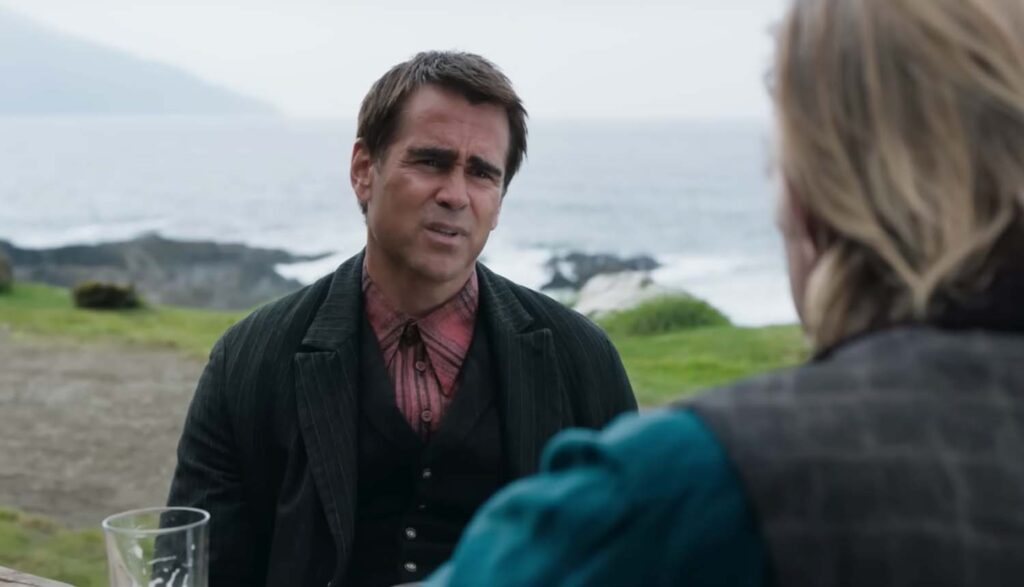
The Banshees of Inisherin (Dir. Martin McDonagh)
The sudden emotional impact of a spurned friendship lies at the heart of Martin McDonagh’s latest film, as Colin Farrell’s Pádraic struggles to cope when his best friend Colm (Brendan Gleeson) cuts him out of his life with the blunt explanation of “I just don’t like you no more”. The inexplicable nature of an abrupt shift in this small human relationship; the knock-on effect to others on a remote island community and the subsequent build-up of anger and violence that steadily spirals out of control, is all set against the backdrop of a brutal and destructive civil war that was raging through Ireland at the time, suggesting the stories are inextricably linked. McDonagh’s sly brand of black humour helps to lighten the load while the fantastic ensemble cast deliver faultless performances.
-GS
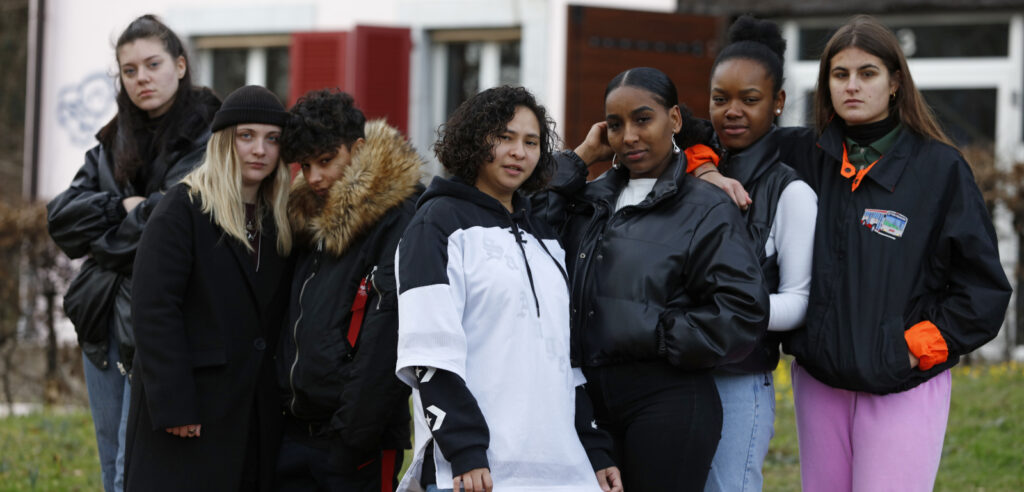
The Fam (Dir. Fred Bailiff)
The Fam – the French title La Mif is slang for “family” (“famille”) – is a project developed over a period of two years by former social worker Fred Baillif and a group of at-risk teenage girls and care workers at a home for children and adolescents in Geneva. The young residents do not play themselves but instead characters inspired by their experiences. What could have been a mere documentary-style portrayal of youth in distress becomes a particularly vibrant and moving blend of fact and fiction, and the surprisingly convincing performances by the lay actors – some of them are incredibly remarkable – imbue the film with tremendous energy.
-Andrea Grunert (AG)
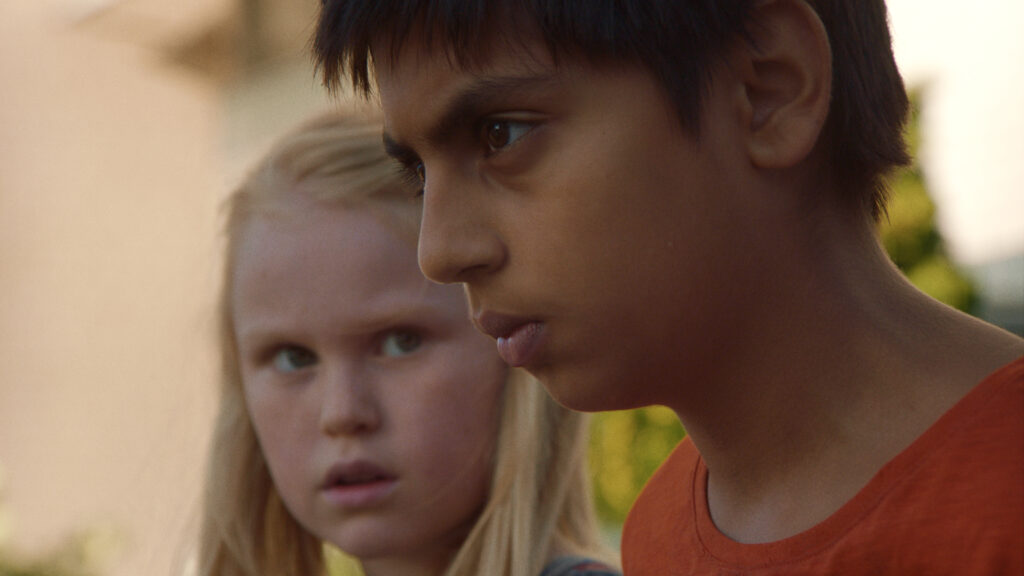
The Innocents (Dir. Eskil Vogt)
The Innocents starts as a realistic tale about a family whose elder daughter suffers from autism. The tone changes when the girl and her sister meet a young boy who seems to possess strange powers. This almost sociological account of the everyday life of a young family moves into a realm of fantasy in which the line between reality and imagination is continually blurred. A feeling of unease emerges from the fact that the film gives no clue about where reality ends and fantasy starts. Does the boy really have supernatural powers or merely a different sensibility that adults are unable to grasp? Eskil Vogt explores in a very subtle way the difference between the view children have of the world and that of adults. Dealing with childhood anxiety in the framework of a film marked by latent tension and by images of clinical coldness, his film leaves the viewer without any sense of liberation from its compelling and disturbing atmosphere.
-AG

The Northman (Dir. Robert Eggers)
Swedish Heavy Metal band Amon Amarth inspire faithful fans at gigs to form not a mosh pit but a rowing pit, sitting on the floor in ranks to take up imaginary oars like crazy Vikings – a spirit already expressed in the movies by Nicolas Winding Refn’s totally bonkers Valhalla Rising (2009), among others. This would-be epic may have stumbled at the last as Eggers reportedly fell foul of studio panic over his three-hour-plus cut, but when The Northman stretched every sinew attempting to kiss the arthouse Valhalla of mud, blood and mysticism, it contained moments of sheer bravura bliss – and sometimes moments are enough. Put your back into the oar!
-Callum Reid (CR)
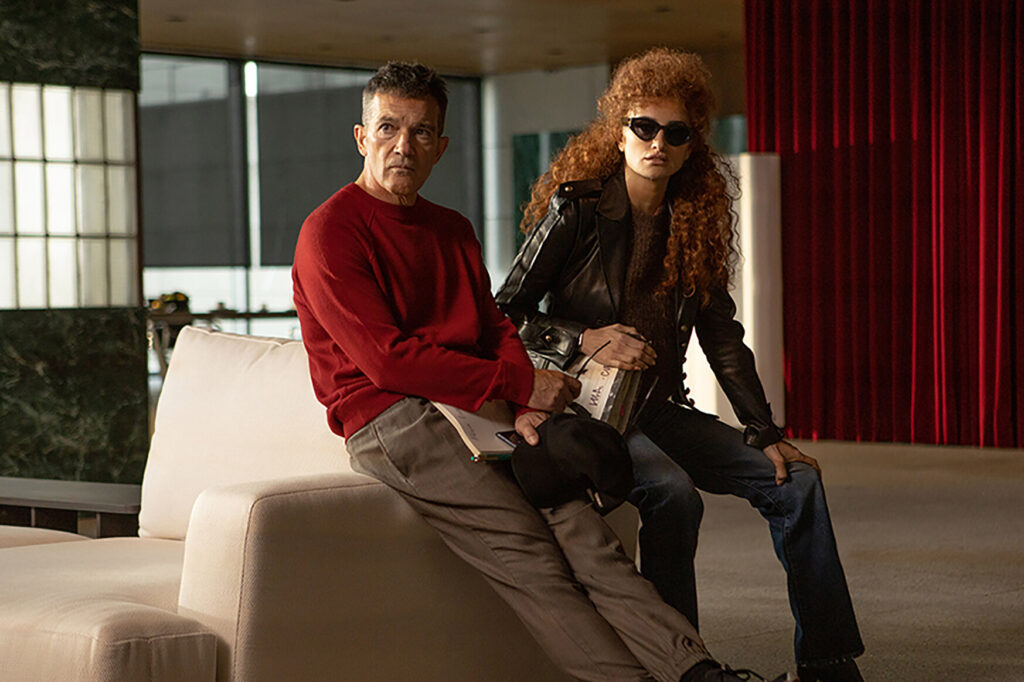
Official Competition (Dirs. Gastón Duprat and Mariano Cohn)
A billionaire businessman wants to make the greatest film ever made to be remembered by and hires the best to make it happen: director Lola Cuevas (Penelope Cruz) and two famous actors, Hollywood star Félix Rivero (Antonio Banderas) and legendary theater actor Iván Torres (Oscar Martinez). This film – a film about the making of a film – reminded me of how it used to be going to the cinema, without knowing much what to expect and being surprised. Egos clash, artistic freedom is challenged, a festival press conference that is the best I have seen on and off screen, and Penelope and Antonio having some brilliant moments – such as the scene of them together in front of the mirror, when Penelope attends to a scratch on his face after Iván had hit him with a chair… it’s so hilarious and natural and purely visual that you just marvel at it. And the best thing is that the film gets better and better by the end when you finally realise it’s a black comedy.
-AP
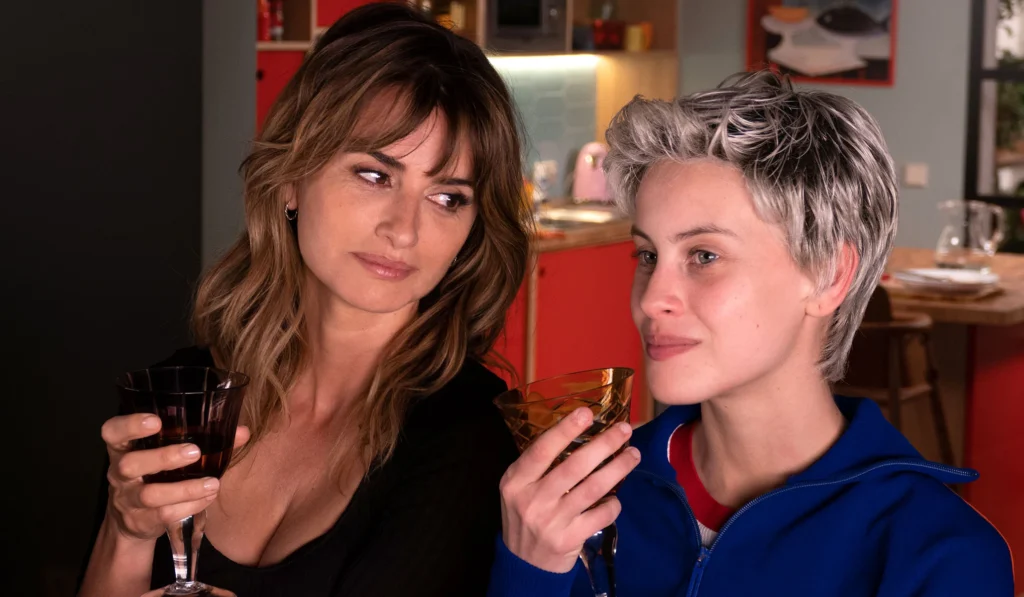
Parallel Mothers (Dir. Pedro Almodovar)
The Spanish master’s intelligent, gorgeously-realised film used its intricately intertwining story to spell out how, since Franco’s reign of terror, the Spain Pedro grew up in has fought to establish self-expression, art, love, unfettered humanity and the whole damn thing. Almodovar is in his 70s now and still loves controversy, while still courting “melodrama”, but in his “new”, “more mature” phase, he celebrates in simple but emotionally powerful ways the pain and glory of life and real-world relationships.
-CR
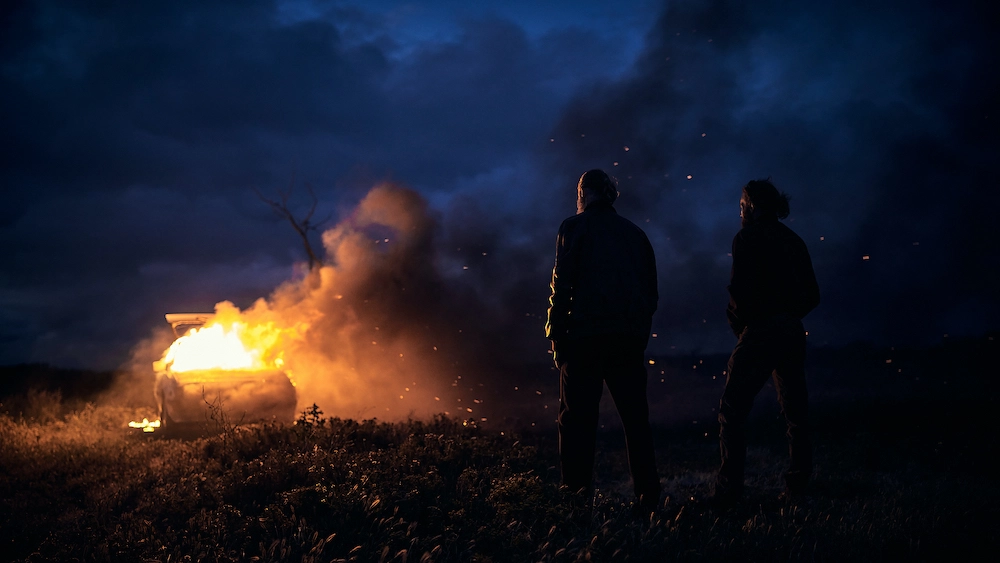
The Stranger (Dir. Thomas M. Wright)
Despite having been an official selection of Cannes, Thomas M. Wright’s The Stranger got lost in the streaming morass after Netflix dumped it in October with no fanfare (it doesn’t help that its poster suggests some C-level actioner). And it’s a shame, as the film – a surreal, elliptical reconfiguration of the true crime genre – announces a disarmingly confident voice in Wright. The film opens with Henry Teague (Sean Harris) drifting into South Australia with no money or prospects, only to be taken under the wing of the mysterious Mark Frame (Joel Edgerton), a man with vague connections to the criminal underworld. One may argue that a mid-narrative reveal is something of a “gotcha” moment, though an even better argument can be made – I think – that the opaque structure serves a higher purpose: to look at a horrific crime from the inside out, thus forcing viewers to empathize with a man who – in a lesser film – would be reduced to a one-dimensional monster.
-Thomas M. Puhr (TP)
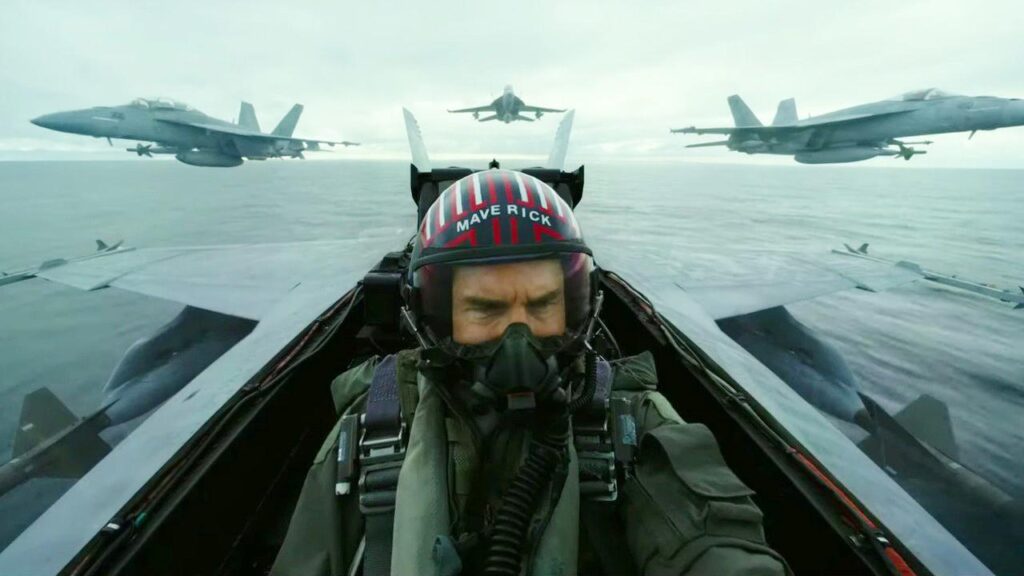
Top Gun: Maverick (Dir. Joseph Kosinski)
Don’t dis The Cruiser in my vicinity. This was simply sublime big-screen entertainment, a super-tooled, luxury machine that did so much more than it promised, a steely Terminator of cinema exhibition’s recent woes, with a beating heart of movie love. The dialogue at crucial moments was expressed with beautiful shorthand brevity, the timing and execution of the escape-from-peril moments as unlikely yet predictable as the first silent-film barrel thrown over a waterfall. Pure magic.
-CR
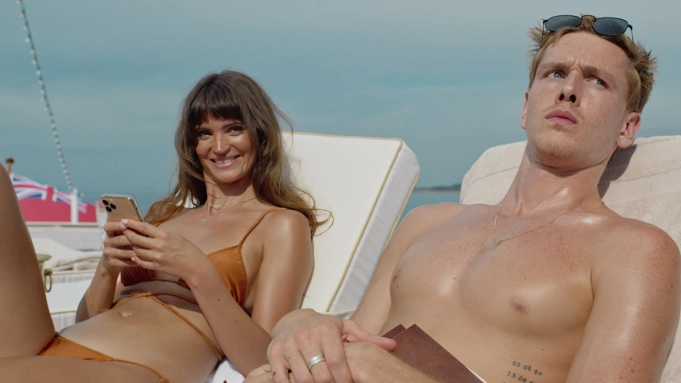
Triangle of Sadness (Dir. Ruben Östlund)
Ruben Östlund likes to provoke his public, to make them uncomfortable. He likes to make fun of class order, bourgeoise pretentiousness and the fragile structure and ideological limits of our modern society. Watching Triangle of Sadness with my husband, he remarked that it reminded him of Buñuel, namely The Discreet Charm of the Bourgeoisie. About Buñuel’s films, Roger Ebert said: “All movies toy with us, but the best ones have the nerve to admit it. Most movies pretend their stories are real and that we must take them seriously. Comedies are allowed to break the rules. Most of the films of Luis Buñuel are comedies in one way or another, but he doesn’t go for gags and punch lines; his comedy is more like a dig in the ribs, sly and painful.”
That’s certainly what you feel watching Östlund’s satire, where a couple of fashion model influencers, Carl (Harris Dickinson) and Yaya (Charlbi Dean), are invited to a luxury cruise for the rich, whose captain, Woody Harrelson, is an alcoholic Marxist. What starts as a totally Instagramable trip ends up catastrophically, casting the survivors away on a desert island. Social hierarchy is turned upside down, appearances are destroyed, registering with a caustic humour the fake power of beauty, money and class. Image proves to be so much more impactful than words, that’s what Östlund wants and that’s what he masterfully does.
-AP
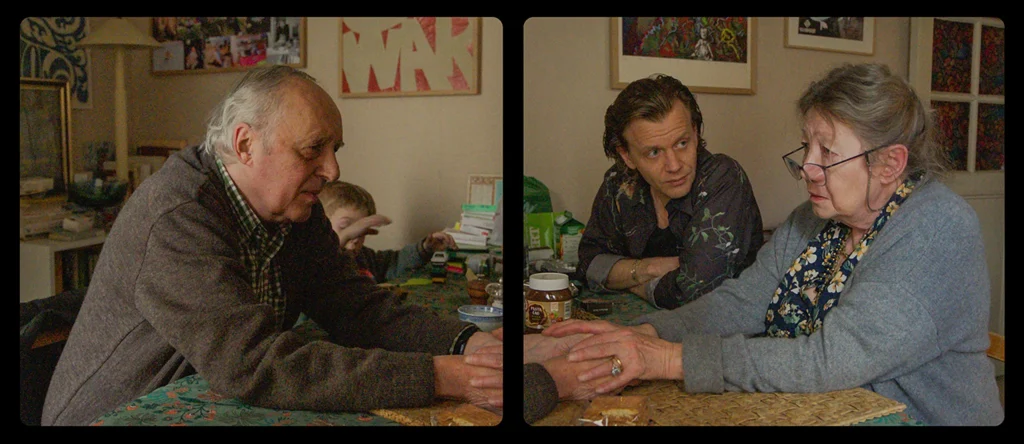
Vortex (Dir. Gaspar Noé)
The last word you’d expect to come to mind when describing a film presented almost entirely in split screen is “restrained,” but that’s Gaspar Noé for you. Vortex’s simple story (an elderly husband and wife grapple with the latter’s worsening dementia) and setting (nearly all of the scenes take place in their cluttered Paris apartment) indeed feel spartan compared to the technicolor gymnastics of, say, Enter the Void. However, Noé’s latest is no less formally audacious than his other works. Consider a breathtaking scene in which the two sit at their kitchen table. One reaches toward the other, their hand disappearing for a split second before reappearing – slightly off-kilter – in the other half of the screen. This couple may occupy the same time and space, but they’re in wholly different worlds. Add two painfully authentic performances from Françoise Lebrun and Dario Argento (who knew he had this in him?), a transcendent final shot, and you have perhaps the writer-director’s most affecting work yet.
-TP
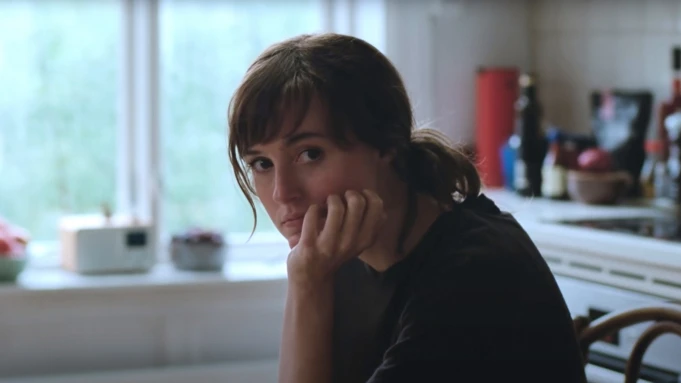
The Worst Person in the World (Dir. Joachim Trier)
The third and final chapter in Joachim Trier’s ‘Oslo Trilogy’ sees the focus settle on Julie (Renate Reinsve), a somewhat privileged and precocious millennial struggling with the very modern malady of an identity crisis. Consistently non-committal in work and love, we follow her journey of self-discovery as she grapples with a question we can perhaps all relate: Am I the person others expect me to be or the one I want to be? Into this maelstrom of existential angst are thrown a supporting cast of family, friends and lovers – all helping to better define Julie’s sense of self and soften her admittedly ego-centred hard edges. At a time when it’s all too easy to see a film like this as just another fluff-piece pitched at a chin-stroking, bloated middle class, Trier brings a maturity of thinking to the script (written with long-time collaborator Eskil Vogt) which provides authentic emotional nuance where cynicism and parody could have crept in.
-GS
